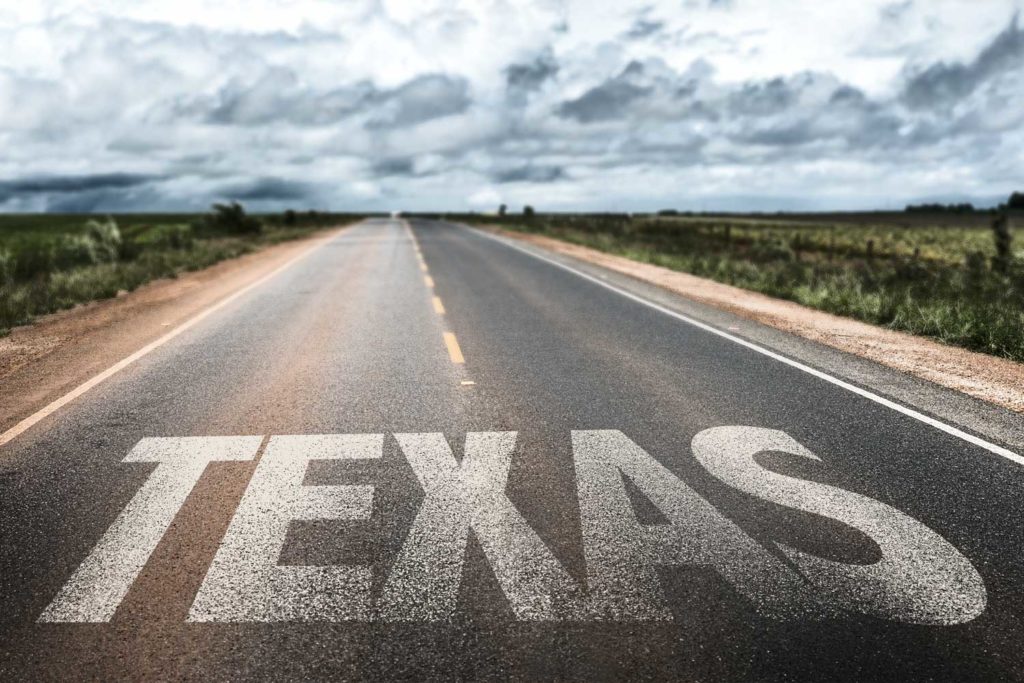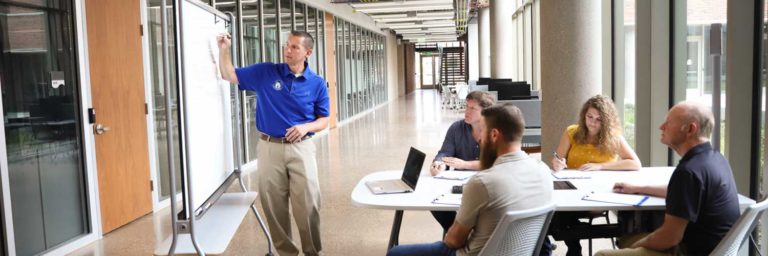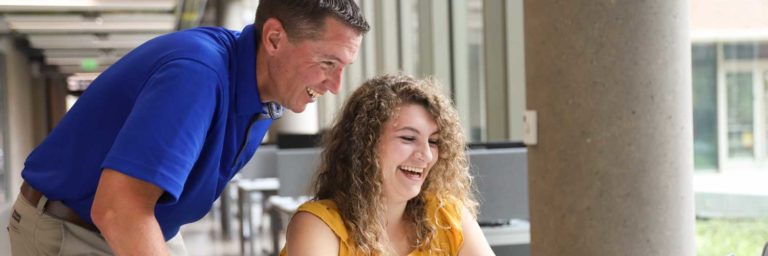Insurance adjusting licensing can be confusing at first, but we’re here to help you decide what is the best path you should take in your independent insurance adjusting career.
If you want to work in the State of Texas as an insurance adjuster, you will need a Texas All Lines Adjuster License. This applies to both residents and non-residents of Texas. If you are a non-resident of Texas but reside in a state that requires adjuster licensing, you are required to obtain your home state license before Texas will issue you a non-resident license.
How do insurance adjusting licenses work?
You need a license to be able to work as an insurance adjuster. Similar to a drivers license, insurance adjuster licenses are provided by and managed by each state, with some states not requiring a license.
As an independent insurance adjuster, you want to hold as many state licenses as you can. This allows you to be deployed throughout the United States at a moment’s notice.
What is a reciprocal license for insurance adjusters?
Texas offers a reciprocal license to all states but California, Hawaii, and New York. Reciprocity is when an adjuster with their home state license can successfully apply for a license in another state, without having to take that state exam or any pre-licensing courses.
What is the best solution for me?
If you live in Texas and you want to become an insurance adjuster, you will need to obtain the Texas All Lines Adjuster License.
Texas offers a few advantages in getting your license there. If you have a Texas license, it’s easy to get your other licenses through reciprocity meaning that other states honor your Texas license and you do not have to test in these states to carry their license to be able to work there.
What state is the Texas License reciprocal to?
Texas License is reciprocal with the following states: Alabama, Alaska, Arkansas, Connecticut, Delaware, Florida, Georgia, Idaho, Indiana, Louisiana, Maine, Massachusetts, Michigan, Minnesota, Mississippi, Montana, Nevada, New Hampshire, Kentucky, New Mexico, North Carolina, Oklahoma, Oregon, Rhode Island, South Carolina, Utah, Vermont, Washington, West Virginia, Wyoming
If you are a non-resident of Texas but live in Colorado, Kansas, Nebraska, South Dakota, North Dakota, Missouri, Iowa, Illinois, Wisconsin, Tennessee, Ohio, Virginia, Maryland, Pennsylvania, District of Columbia, New Jersey, or Massachusetts and want to become an insurance adjuster, then you need the Texas All Lines Adjuster License. Residents from these states are able to designate Texas as their “Home State” and get full reciprocity benefits.
If you are a non-resident of Texas but reside in a state that requires adjuster licensing, you are required to obtain your home state license before Texas will issue you a non-resident license.










